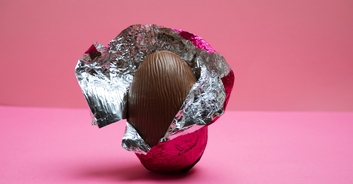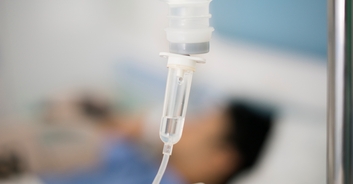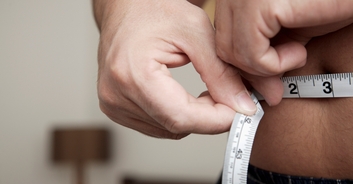I'm not going to lie, I am one of those people who obsesses over the number of hours of sleep I get and the number of steps I do in a day. Every day, without fail, I will check how many steps I have done when I get into bed and if it's less than 10,000, I will make a promise to myself to do more tomorrow.
However, when it comes to tracking my sleep, it turns out that I probably shouldn't be fretting about it. New research has suggested that these sleep-tracking apps are actually having a negative effect on our health, with them causing "orthosomnia".
According to the study published in the Journal of Clinical Sleep Medicine, those of us who use apps to monitor our sleep are in danger of obsessing too much about how much shut-eye we're getting. This obsession can lead to worry and stress, causing a negative impact on your sleeping patterns.
"The use of wearable sleep tracking devices is rapidly expanding and provides an opportunity to engage individuals in the monitoring of their sleep patterns", reads the report;
"However, there are a growing number of patients who are seeking treatment for self-diagnosed sleep disturbances such as insufficient sleep duration and insomnia due to periods of light or restless sleep observed on their sleep tracker data".
In an interview with the Huffington Post, Dr Neil Stanley, a sleep expert, claimed that while "orthosomnia" may be a "silly word", it can be a real problem for some people.
According to Stanley, the more people worry about getting to sleep, the harder they will find it to drift off. Due to the fact that the majority of these apps give their users a rating or a score based on their sleep, it's only natural that these people will want to improve their sleep habits.
"People should trust themselves a lot more rather than technology. Apps and wearables are not particularly accurate anyway, so you may be worrying about completely inaccurate data.
"Really it's all about relying on how you're feeling: are you sleepy during the day? Yes or no. If yes, you probably have a problem with sleep. If no, then you don't."
If you are concerned about the amount of sleep you are getting, it's recommended that you try and get to sleep and wake up around the same time. On average, six to nine hours is the recommended amount of time, so try and keep it consistent.
There are many things that you can do to help you sleep better, with the NHS suggesting that you "wind down" before hitting the hay. Things like taking a bath, listening to a podcast and reading a book can all help you sleep more soundly.
However, if all else fails, the NHS also recommends that you give having sex a go. According to the institution, "unlike most vigorous physical activity, sex makes us sleepy. This has evolved in humans over thousands of years."
So there you have it - if you can't sleep, simply delete your apps and get jiggy with it.










